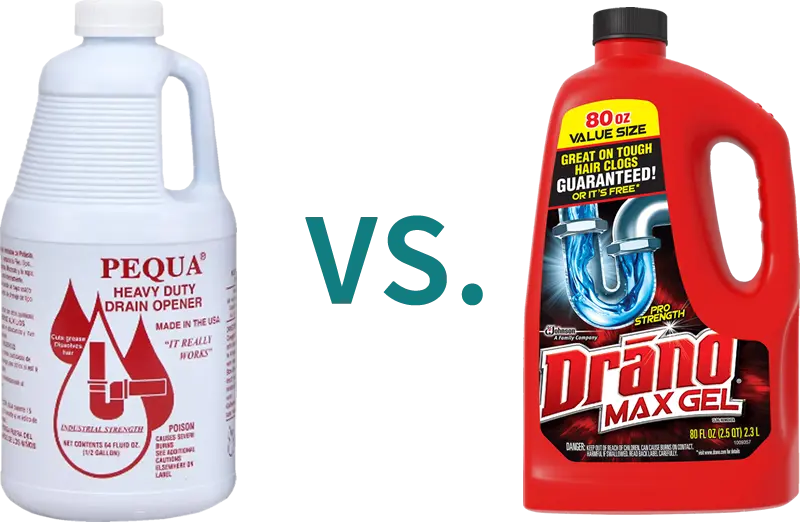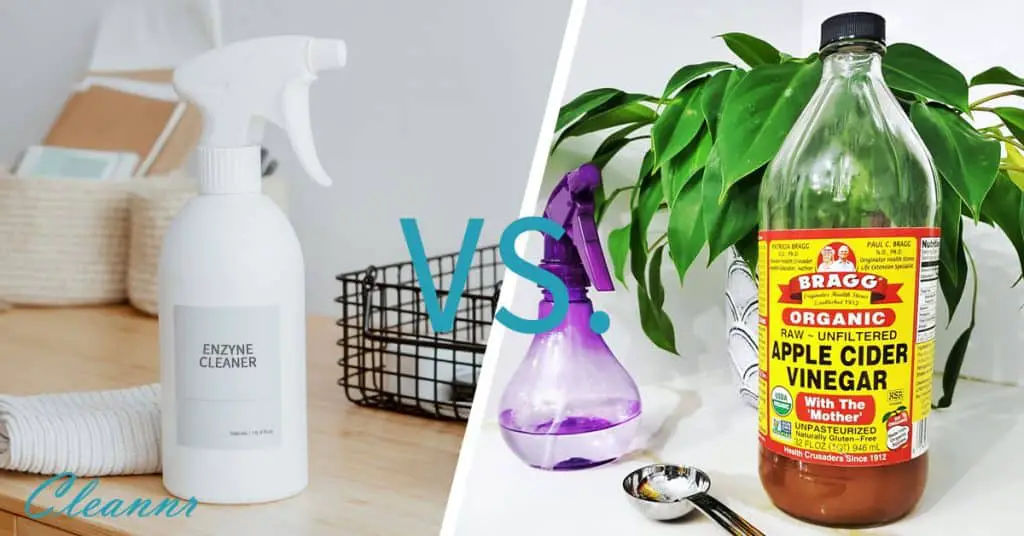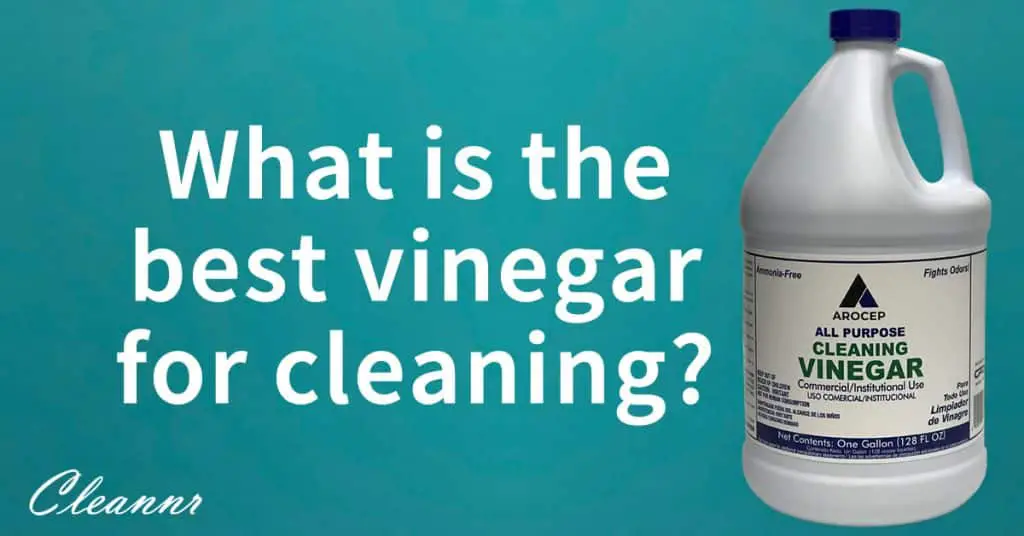Drano and Pequa are currently two of the most popular chemical drain cleaners on the market. But the question is: Pequa vs Drano drain cleaners, which one is better?
Pequa and Drano are effective in identifying and removing root intrusions, which is how most clogs start. Both Pequa and Drano brands make excellent drain cleaners that will serve you well for years if used properly.
In order to help you to make the right buying decision, we have compared both products against each other. Each product has its pros and cons which we have outlined in this article to help you make a more informed decision.
Contents
- Types of drain cleaners
- Pequa vs Drano: Comparison chart
- How to use Pequa drain cleaner?
- How to use Drano drain cleaner?
- Is Pequa safe for use?
- Is Drano safe to use?
- Environmental concerns about Pequa and Drano
- How much Pequa to use?
- How much Drano to use?
- How do drain cleaners work?
- How does Pequa work?
- How does Drano work?
- FAQs
- Final word
Types of drain cleaners
There are many types of drain cleaners on the market. Some are more effective than others, and some are better suited to different types of drains. Here’s a look at some of the most common types:
- Chemical cleaners (including corrosives);
- Baking soda
- Vinegar
- Liquid plumber
Regarding chemical drain cleaners, two products stand out from the crowd: Pequa Drain Cleaner and Drano Drain Cleaner.
Pequa drain cleaner is one of the most popular brands of drain cleaners on the market today. It’s a liquid that you pour down your drain, and it works by dissolving clogs and other debris in your pipes.
It’s an affordable option that can be found at many major retailers and home centers.
Drano drain cleaner is another common brand of drain cleaner. It’s also available at many major retailers and home centers, as well as online.
It comes in powder form, which you mix with water before pouring down your drain to clear out clogs and other blockages in your pipes.
Pequa vs Drano: Comparison chart

Pequa vs Drano? This is one of the most common questions you will see when you are trying to decide which type of drain cleaner to use for your home.
The answer is not a simple one and it depends on your situation. Both products are powerful but they do have their own strengths and weaknesses.
To give you a better overview of these products, we’re giving you a comparison chart with their main characteristics:
| Pequa Drain Opener | Drano Max Gel Clog Remover | |
| Ingredients | Bleach, Potassium hydroxide | Bleach, Water, Cleaning Agent, Caustic, Corrosion Inhibitor. |
How it works | The strong chemical formula removes grease and dissolves hair in your drain pipes | Penetrates standing water blasting your toughest clogs |
Main purpose | For use in cesspools, septic tanks, drain fields, laundry dry wells, waste pipe cleaning, odor control | Removing hair, soap scum, and other gunky clogs in your drains |
How to use it | Pour it into a sink and leave it for a while. Then, flush it with hot water. | For best results, pour it into the sink and leave it overnight. Then, flush it with hot water. |
Safety risks | Can cause skin irritation; Dangerous if gets in touch with your eyes; Harmful if swallowed, | Can cause skin irritation or even burns; Can cause eye damage; Toxic if swallowed |
How to use Pequa drain cleaner?
Pequa is an amazing drain clog remover that you can use to clear clogged drains and clean up after plumbing or sewer line repairs. You can also use it to clean your faucets, sinks, and toilets.
Pequa’s delicate chlorine formula is safe for all surfaces and you’ll notice it working on contact. There are no fumes to worry about either because the product decomposes quickly into water and oxygen.
You do not need some special knowledge to know how to use Pequa drain cleaner. Just dump it down the bowl and make sure you keep the lid closed for some time to allow the Pequa to do its job.
It is safe for use in homes with septic tanks, and also works in industrial applications such as restaurants and food processing facilities.
How to use Drano drain cleaner?
Many people aren’t sure how to use Drano drain cleaner, but it’s actually pretty simple. Drano is a great product to use when you need to unclog a drain.
However, it can be confusing how best to use this product. Here are a few tips to ensure you get the best results with Drano:
- Always wear protective gloves when using Drano and avoid getting any on your hands or skin as it can cause severe burns;
- Follow the instructions on the product label carefully, as this will give you an idea of how much product you need to use for each application;
- Make sure that all items that will be affected by the chemicals in Drano are removed from the area where it is being applied before using it;
- Keep children and pets away from the area until after the application has been completed.
Is Pequa safe for use?
Pequa is a cleaner that can be used on most surfaces in your home. However, you should take care when using it around small children and pets.
Pequa may cause irritation if it comes in contact with the eyes or skin, so it’s important to keep it away from these areas.
If you think your pet has come into contact with Pequa, wash them off immediately with soap and water.
Drains
If you’re wondering if is Pequa safe for drains, the answer is: YES. Pequa cleaner is safe for drains and it is the most popular drain cleaner among the other drain cleaners. You can use it both inside and outside of the house.
Septic
or the ones who might ask if is Pequa safe for septic systems – Pequa is a cleaning product that helps to remove dirt, grease, and grime from kitchen surfaces. It works by dissolving fat, oil, and grease and lifting it away from surfaces.
This means that it is safe for septic systems as well. Pequa contains surfactants that help break up grease and oils in the septic tank so they can be flushed through properly.
Pipes
Pequa is a non-toxic cleaner that will not damage the pipes or leave a residue behind. The product can be used as often as needed, and it will not cause any corrosion or damage to your home’s plumbing system.
Is Drano safe to use?
Is Drano safe to use? Drano is a safe product to use in the right conditions. It is recommended that you wear gloves and eye protection, as well as a mask if possible.
You should also make sure you have enough ventilation in your home so that you can take frequent breaks and breathe fresh air while using Drano.
Drains
To tell you if is Drano safe for shower drains, it’s good to know that Drano is a brand name for the chemical sodium hydroxide. Sodium hydroxide is commonly used to unclog sinks, but it can also be used to unclog shower drains.
However, it should not be used in cast-iron or steel pipes. Before using Drano in a shower drain, you should make sure that it will not damage the pipe.
If you are not sure whether or not your drain is made of cast iron or steel, you can check by pouring some vinegar into the drain.
If the vinegar bubbles and foams up, then your drain is made of plastic or other nonreactive material and should be safe to use with Drano.
If the vinegar does not bubble and foam up, then the drain may contain iron pipes and should not be used with Drano.
Septic
If you’re uncertain about whether is Drano septic safe, you should bear in mind that it’s safe for the septic system itself.
However, you need to know that Drano will cause the clumps of solid waste in your septic tank to break down, which can cause the solid waste to flow out of your pipes and into your yard.
Bathtub
Is Drano safe for the bathtub? That’s the question many of us ask frequently. To use Drano safely in a bathtub, first, make sure that the tub isn’t full of water.
Drain out any water that’s already in the tub and then pour Drano into the drain. Next, fill up the tub with water again and let it sit for 10 minutes before draining out again.
Toilets
Many people are wondering if is Drano safe for toilets. Yes, it’s safe. However, Drano should be used with caution.
If you use too much or if you don’t follow the directions carefully and flush immediately after using Drano, you could burn yourself or damage your pipes.
Environmental concerns about Pequa and Drano
Pequa vs Drano, environmental concerns are a huge part of any discussion about these products and whether they are safe for humans.
Pequa drain opener
Is Pequa bad for the environment? The process of making Pequa uses a lot of energy – in fact, it takes more energy to make one square foot of Pequa than it does to make one square foot of regular concrete!
In addition, the process of recycling plastic bottles also uses a lot of water and chemicals, which can pollute our waterways if they aren’t disposed of properly.
Pequa contains chemicals that are harmful to the environment when washed down drains or poured down toilets. When used correctly, however, Pequa will not harm the environment.
Drano drain clog remover
Is Drano bad for the environment? Drano max gel contains chemicals that can be harmful to humans and other living things if they’re not used properly. Therefore, using it more than you really need is not recommended.
How much Pequa to use?
Pequa is a powerful drain cleaner that should only be used when your pipes are blocked or clogged. It’s important to follow the instructions on the bottle carefully so that you don’t use too much, which can cause damage to your pipes and plumbing system.
How much Drano to use?
How much Drano to use? The best way to use Drano is as directed by the manufacturer, which will tell you how much cleaner to add to your drain, how long it should sit before rinsing it away, and what kind of water temperature works best.
You can also consult our guide below for some quick tips:
- If your drain is slow or smells bad, try pouring 1/2 cup of Drano down it. Let it sit for 10 minutes before rinsing with boiling water (212 degrees F).
- If you’ve tried using baking soda and vinegar but still have trouble with slow drains or bad smells, pour 2 cups of Drano down the drain. Let it sit for an hour before rinsing with boiling water (212 degrees F).
How do drain cleaners work?
Drain cleaners work by reducing the surface tension of water. This allows the water to flow more easily through your drain, rather than being trapped and causing clogs. The reaction breaks down the sludge, allowing it to be washed away.
How does Pequa work?
The way Pequa works is by adding a chemical called sodium silicate to the water in your drain.
Sodium silicate has a very low surface tension, so it’s able to reduce the surface tension of water to a level that will allow it to flow through your pipes easily.
How does Drano work?
Many people are intrigued about how does Drano work that effectively? The active ingredient in Drano is sodium hydroxide, also known as lye.
Sodium hydroxide dissolves fats and oils, which are what cause most organic blockages. Once they’ve been dissolved by the lye, they can be flushed out of the drain with water.
FAQs
Below you can find the list of frequently asked questions about drain cleaners. Please, read them carefully, maybe you can find some useful answers for yourself.
Is Drano safe for the kitchen sink?
Using Drano in the kitchen drain is not a good idea. There are excellent commercial cleaners available specifically for kitchen sink use.
Is Drano safe for garbage disposals?
Drano is safe to use in the garbage disposal, and it can even help prevent future clogs. However, if you use too much of it at once, it can cause damage to the garbage disposal unit.
Is Drano safe for plastic pipes?
Yes, Drano can be used safely on other plumbing materials such as copper pipes, galvanized steel, and PVC.
What is the strongest drain cleaner on the market?
The strongest drain cleaner on the market is gel drain clog remover Drain Gel Drano Snake, which not only eliminates tough clogs and dissolves grease but also loosens the toughest hair and soap scum from the drain.
Final word
To wrap it up, Pequa vs Drano? Whether you choose Pequa or Drano, you won’t make a mistake. Still, safety is the most important when using any product.
You should always wear gloves and eyewear, and you’ll want to exercise caution so that you’re not getting any product or residue on your clothes.
In addition, you need to be careful that no one will be exposed to the product, like your pets or children.
We hope you now understand all the risks and benefits of these products. But if you still have any questions and concerns on this topic, feel free to leave a comment and we’ll gladly respond.
Happy cleaning!


